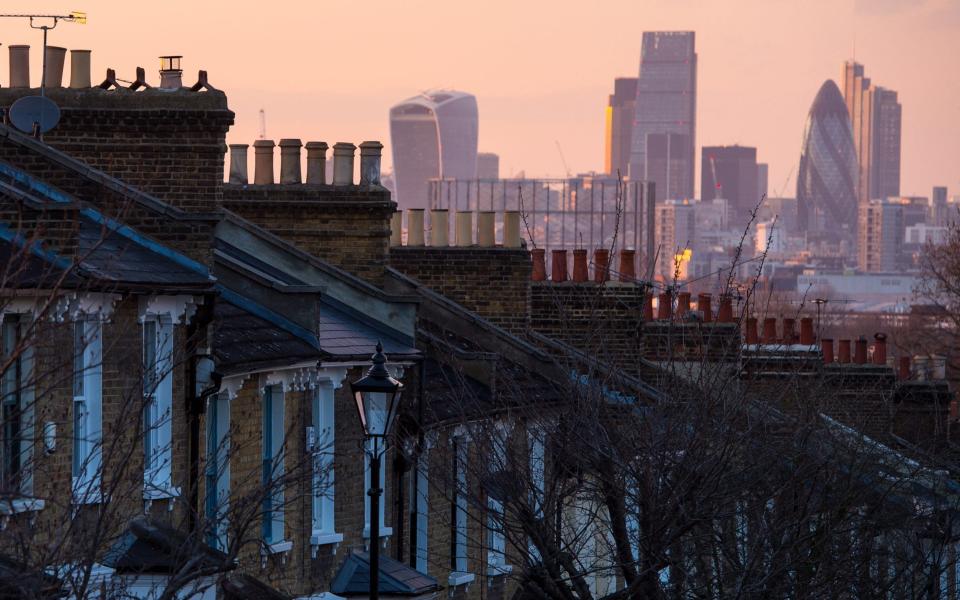Landlords face crisis as mortgage costs surge higher than rents

The buy-to-let business model is imploding as landlords’ mortgage costs surge higher than their rental income, according to new analysis.
Landlords who own properties in their own names are suffering as their investments rapidly become loss-making after their fixed-rate deals expire.
Research by Capital Economics suggests that buy-to-let investors are at risk of losing almost £100 a month as higher interest rates bite.
A string of rate increases by the Bank of England means that the average interest-only mortgage bill in the first three months of this year will cost 220pc more than at the end of 2021, according to analysis by Capital Economics, a research consultancy.
Since the Bank started raising rates in December 2021, the monthly cost of an interest-only mortgage on an average home will have rocketed from £269 to £860.
That means a higher rate tax-paying landlord will face a monthly loss of £90.
Although average monthly rents have climbed to £996, this will no longer cover a landlord’s mortgage costs and income tax bills combined.
Tax changes which came into full effect in April 2020 mean that landlords who own properties in their own names can no longer offset all of their mortgage interest costs against their rent when they make their tax calculations. Instead, they can only deduct 20pc of their mortgage interest.
A landlord who owns a property in their own name with an £860 mortgage interest bill and £996 rental income will therefore have to pay £226 per month in tax.
Andrew Wishart, of Capital Economics, warned that landlords will likely be forced to sell up when their fixed rate deals expire.
Rob Jones, of Property Investments UK, a buy-to-let specialist, said investors who own properties in more expensive areas will get hit hardest.
He said: “If a property is worth more than £400,000, in most areas it will just not generate enough income for a landlord to cover their costs. There are many areas where the buy-to-let business model just doesn’t have any cash flow.
“Rents are rising but it is just not enough to cover the increase in landlords’ running costs.”
In addition to higher mortgage costs, landlords face higher management fees, insurance bills and maintenance costs, Mr Jones said.
The vast majority of landlords have interest-only mortgages. Although these are cheaper than capital repayment mortgages, landlords are being stung by much bigger percentage increases as a result of rising interest rates.
Average monthly costs for a repayment mortgage are now £1,210 – a jump of 48pc compared to at the end of 2021, Capital Economics estimates.
This means renting now costs £214 less per month than buying with a repayment mortgage. At the end of 2021, it cost £143 more per month to rent.
